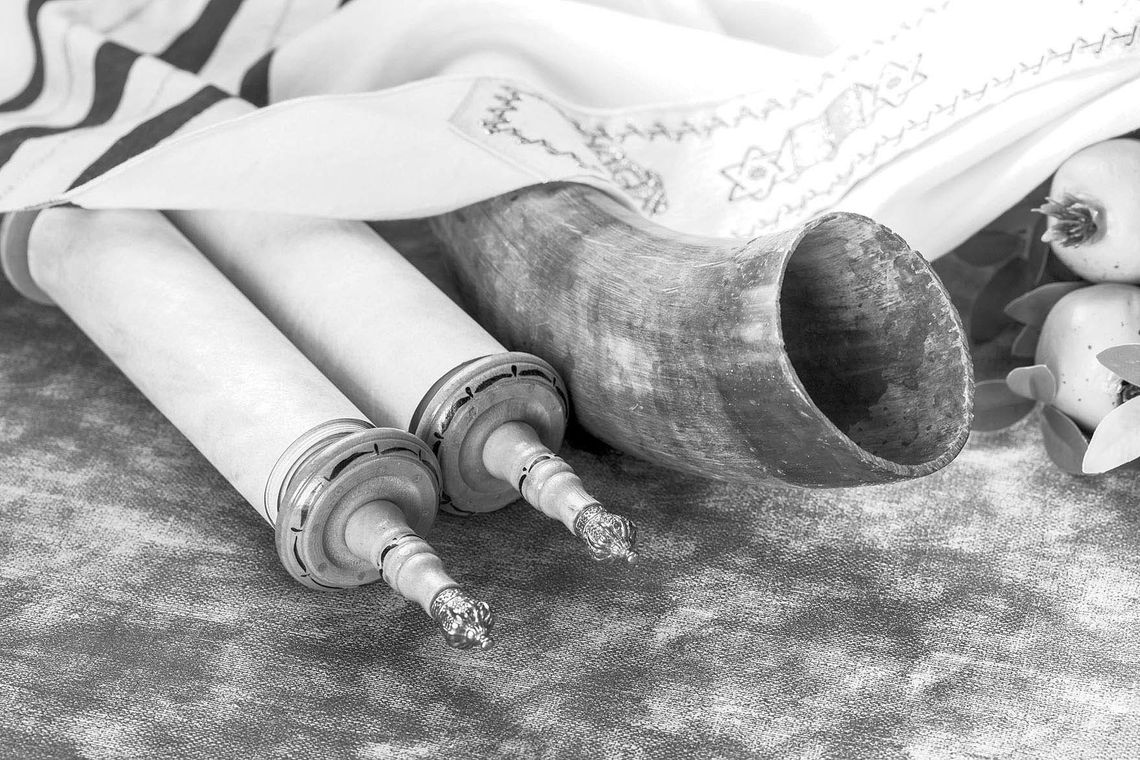DELIBERATELY DIVERSE | Frances Sorrow
“Deliberately Diverse” represents the opinions of Taylor friends who almost never completely agree but are gratified by the opportunity to share and appreciate different viewpoints.
Next to Shabbat, Yom Kippur is the highest holy day in the Jewish calendar.
This year, it starts at sundown on Wednesday, Oct. 1, and ends when the third star comes out on Thursday, Oct. 2.
So why do we atone? Because Leviticus 23:2728 says: “Mark the tenth day of the seventh month as the Day of Atonement. It shall be a sacred occasion for you: You shall practice self-denial, and you shall bring an offering by fire to the Lord; you shall do no work throughout that day. For it is a Day of Atonement on which expiation is made on your behalf before the Lord your God.”
With the destruction of the Temple in 70 C.E., sacrifices could no longer be made, so the rabbis and sages substituted the repentance, charity and prayer instead.
The traditional belief is that during Rosh Hashanah (New Year), which occurs nine days before Yom Kippur, God judges us to decide our fate.
He then records it in the Book of Life. At sundown on Yom Kippur, he seals the Book of Life.
Many liberal branches of Judaism consider this a metaphor. But we feel it is important to take at least one day a year to evaluate our behavior and ask God’s help in doing better.
As a beautiful prayer says, “May the source of strength help us find the courage to make our lives a blessing.”
One of the most poignant prayers in our liturgy is sung at sundown on the eve of Yom Kippur. It is called “Kol Nidre” which means “All Vows.”
It is the annulment of the prior year’s vows to God. It is thought to date to the sixth century in Spain.
The interesting thing is that it does not annul vows to other people. Those remain in effect.
It is in the days between New Year and the Day of Atonement when we pray and repent, especially of acts and speech that harmed others. The teaching is that we must try to redress wrongs committed to others and that God cannot forgive those sins unless we have redressed them.
Besides repentance, charity and prayer, how else is the holiday celebrated?
If one’s health allows it, we abstain from all food and drink of any kind for 25 hours.
Other ways of practicing self-denial include not using fragrances, not wearing leather shoes and forgoing intimate relations. It is customary to wish each other a good fast.
In Rosh Hashanah we wish everyone that they are inscribed for a good year. At Yom Kippur we say, “May you be sealed for a good year.”
Sorrow is a longtime Taylor resident and an amateur historian.









